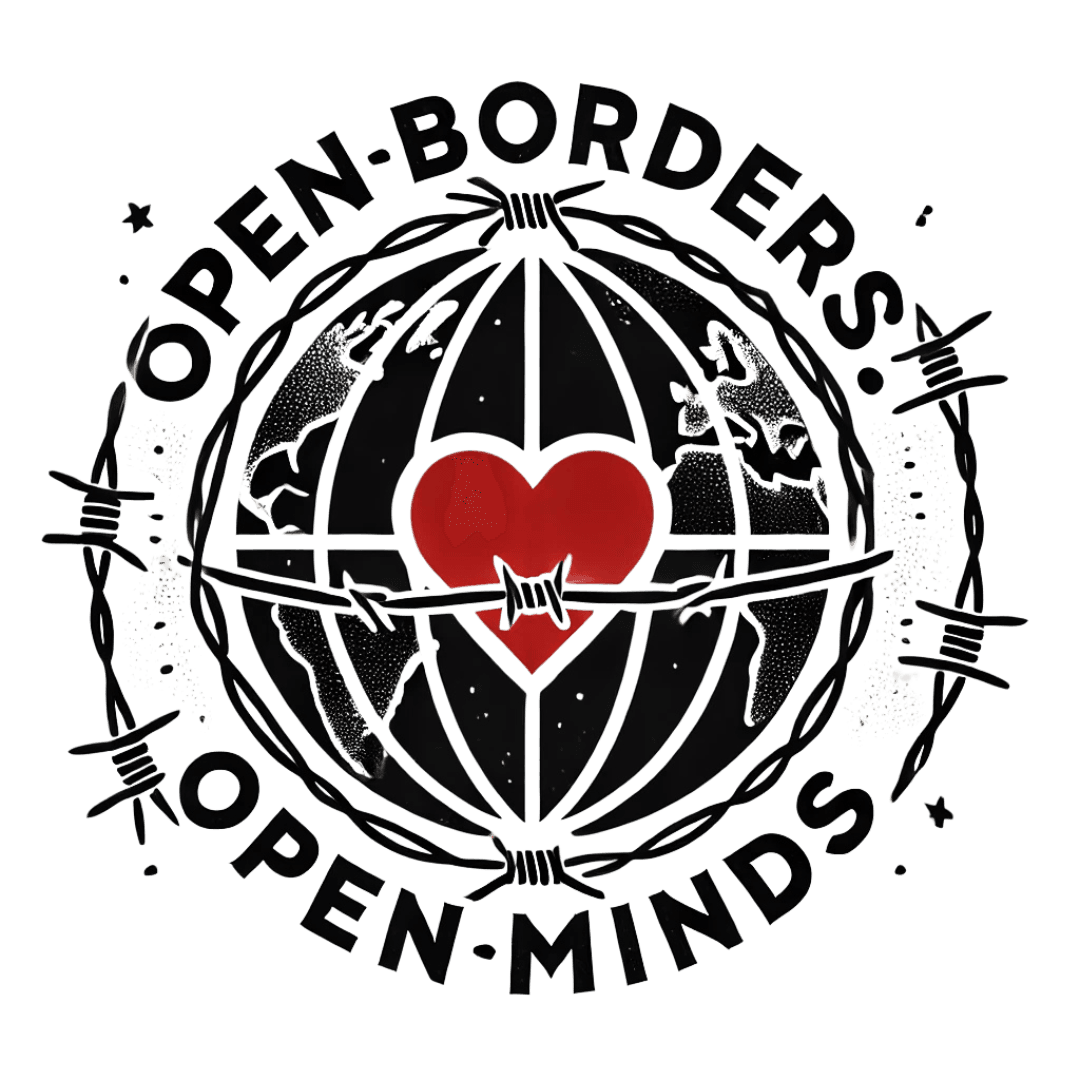Understanding the Open Borders Debate: Key Perspectives and Insights
Introduction to the Open Borders Debate
The open borders debate is a complex and multifaceted discussion that touches on issues of economics, human rights, national security, and cultural identity. This debate has gained traction in recent years, especially in the context of globalization and increasing migration flows. Understanding the key perspectives and insights is essential for anyone looking to engage in this discourse.

Economic Perspectives
From an economic standpoint, proponents argue that open borders can lead to increased economic growth. Immigrants can fill labor shortages, contribute to innovation, and boost productivity. They often take on jobs that locals may not want, thereby supporting various sectors of the economy.
Critics, however, worry about potential negative impacts on wages and employment opportunities for native workers. They fear that an influx of immigrants might lead to job competition and pressure on public services. The economic perspective is thus deeply polarized, with both sides presenting compelling arguments.
Human Rights and Ethical Considerations
Human rights advocates emphasize the ethical dimension of the open borders debate. They argue for the freedom of movement as a fundamental right, highlighting the plight of refugees and asylum seekers. According to this view, borders should not stand in the way of people seeking safety and better living conditions.

Opponents contend that unlimited migration could undermine social cohesion and strain resources. They argue for a balanced approach that considers both the rights of migrants and the responsibilities of host countries to maintain order and stability.
National Security Concerns
National security is another critical aspect of the open borders debate. Some argue that open borders could increase security risks, including terrorism and crime. They advocate for stringent border controls to protect national interests.
On the other hand, some experts suggest that open borders could lead to better intelligence sharing and cooperation between nations, ultimately enhancing security. This perspective emphasizes the need for a well-managed and collaborative approach to border security.

Cultural Identity and Integration
The impact of open borders on cultural identity is a topic of significant concern. Supporters argue that cultural exchange and diversity can enrich societies and promote mutual understanding. They see immigration as an opportunity to embrace multiculturalism.
Conversely, critics worry that rapid changes in demographics may lead to cultural dilution and social tension. They stress the importance of integration policies that help immigrants adapt while preserving the cultural heritage of host nations.
Conclusion
The open borders debate is a dynamic and ongoing discussion that requires careful consideration of various perspectives. While the arguments are diverse and often conflicting, the conversation is crucial for shaping future immigration policies. Engaging with these different viewpoints can lead to more informed and balanced solutions that address the complex realities of our interconnected world.
